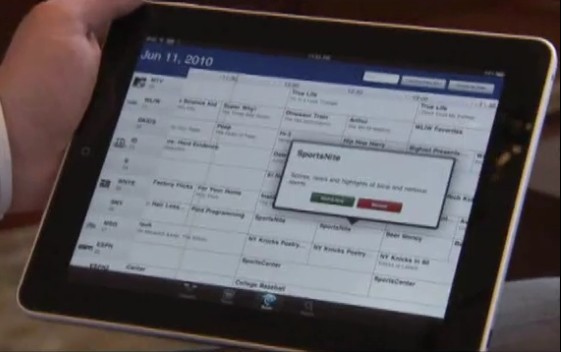For the first time in the history of the subscription television industry, more Americans disconnected their cable-TV, satellite and telco IPTV service than signed up. The reason? Americans have finally reached their limit on what they’re willing to pay to Comcast, Time Warner Cable, DISH, AT&T, and others for subscription television.
At first, only premium movie channel subscriptions for networks like HBO and Showtime took the hit, but now Americans are cutting cable’s cord at an accelerating pace. SNL Kagan, which has tracked the cable industry for decades, reports cable and phone companies saw their worst second quarter in history — losing 216,000 subscribers who canceled their basic cable subscriptions. If the same losses continue in the third quarter, the pay TV industry will see their total number of households decline to below 100 million subscribers nationwide.
SNL Kagan notes the losses have little to do with online video viewing.
“Although it is tempting to point to over-the-top video as a potential culprit, we believe economic factors such as low housing formation and a high unemployment rate contributed to subscriber declines in the second quarter,” said Mariam Rondeli, an SNL Kagan analyst.
Another factor is the continued decline in wages for America’s middle class. Despite long working hours and maxed out productivity, Americans take home pay began declining in 2003 and continues its downward slide, now made worse by the housing crisis and high unemployment.
Under these conditions, subscription TV is becoming a luxury.
Looking closer into the numbers, there are a few companies that managed to add subscribers, mostly at cable’s expense. Verizon FiOS did best of all, adding 414,000 new customers. DirecTV managed to add 81,000 new subscribers in the second quarter. Most of those gains came because of promotional pricing which gave consumers a break on their monthly bill for up to a year.
The cable industry is where most of the bleeding is taking place. Six out of eight major cable operators broke records in subscriber losses in the spring and early summer, cumulatively losing 711,000 customers. Their overall share of the pay TV market dropped from 63.6 percent in 2009 to 61 percent today.
That’s why cable operators are telling their retention departments to make deals with customers threatening to leave. Many subscribers are scoring new customer promotional pricing for up to a year in return for a commitment to stay with the cable company. All customers have to do is call and threaten to cancel and negotiate.
Stop the Cap! recommends not taking their first offer. Check your cable operator’s website and start with new customer pricing as a negotiating tool. If they only offer a few dollars in discounts, tell them you will think about it and then call back and speak with someone else. Avoid committing to “price protection agreements” or other contract terms that hold you in place for a year, unless they give you new customer pricing.
Sometimes the best offers are reserved for those who show up at the cable office with set-top boxes and cable modem equipment in hand, ready to turn in. When they ask why you want to terminate service, make it clear it’s all about the prices they are charging. Hint that you’d stay if you could receive the same pricing a new customer gets.
Share your experiences in negotiating and what kind of deals you scored in our comments section.
[flv width=”512″ height=”298″]http://www.phillipdampier.com/video/WSJ Pay TV Loses Subscribers 9-1-10.flv[/flv]
The Wall Street Journal covered the pay TV losses noting the cable industry is trying to make up revenue losses by accelerating rate hikes for their remaining customers. (3 minutes)


 Subscribe
Subscribe







